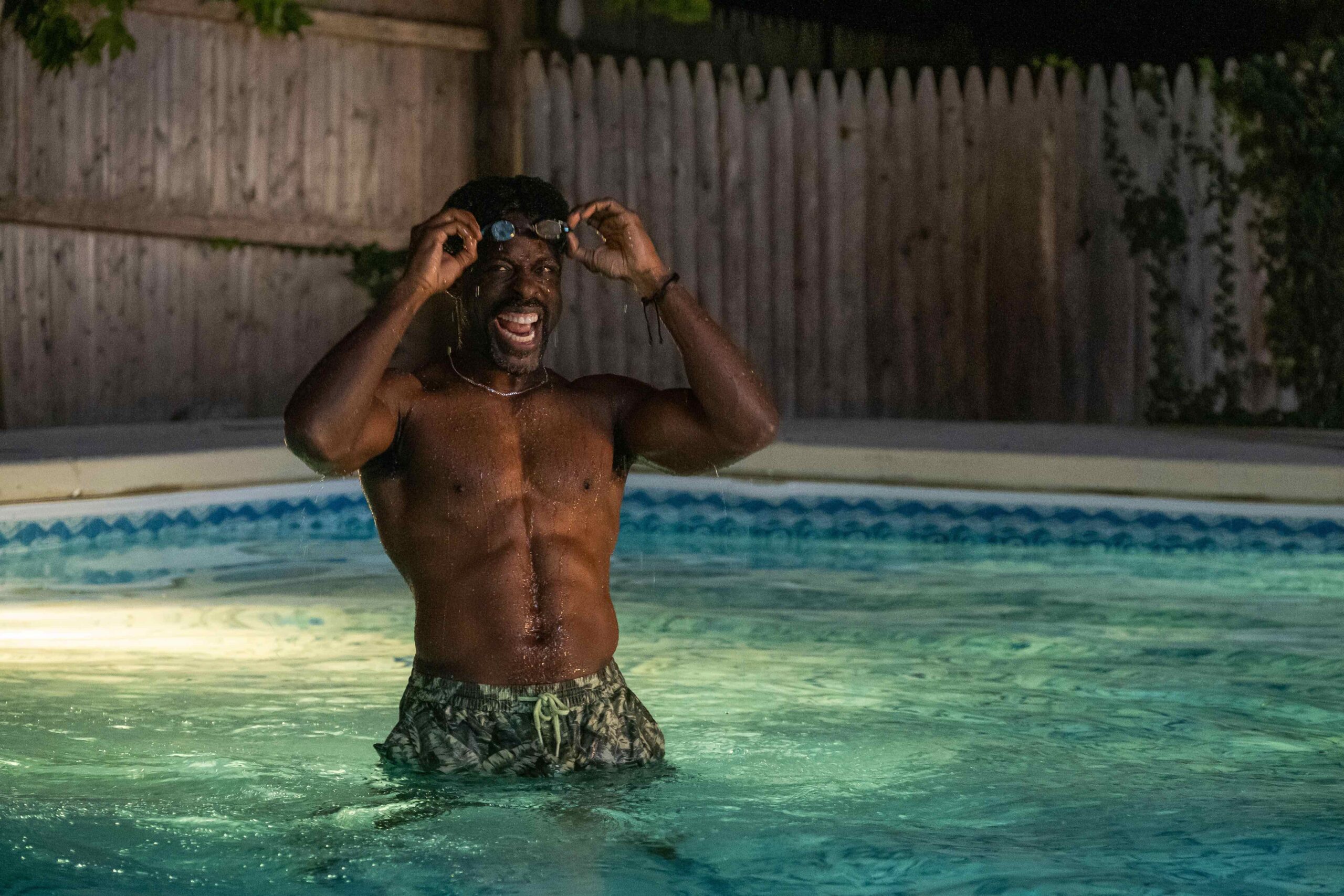You would certainly be forgiven for mistaking “American Fiction” for the work of a seasoned filmmaker. Cord Jefferson, an acclaimed writer of television shows like “The Good Place” and “Watchmen,” has made an incredible splash in his jump to the big screen, delivering one of the very best films of the year.
“American Fiction,” an adaptation of the 2001 novel “Erasure” by Percival Everett, follows Thelonious “Monk” Ellison, a genius, upper-class writer played by Jeffrey Wright. After being placed on leave from his university job and rejected by publishing agencies for his work not being “Black” enough, Monk finds himself leaving Los Angeles for his hometown, Boston and discovers his mother’s worsening condition.
In his frustration, he writes a book entitled “My Pafology,” intended as a parody of the stereotypically “Black” stories publishers clamor for, but the book quickly becomes an overnight success.

"American Fiction" never loses sight of the heart at the core of its story. Photo courtesy of Orion Pictures
“American Fiction” manages a difficult balancing act of biting satire and humane nuance. Any satirical story runs the risk of simply beating up an opposing viewpoint for its duration, which in some cases works- I do not think that making an argument for pollution and overconsumption was in the cards for a film like “WALL-E”- but in the case of “American Fiction,” Jefferson is clearly cognizant of how unjust it would be to beat up on the stories of impoverished Black Americans being told.
The question of which Black stories can be told, should be told and will be told is a topic that is so complicated and deals with so many years of the culture of the entertainment industry, the history of Black people in the United States and the very nature of storytelling. But Jefferson handles it with incredible grace and gives a wide variety of perspectives on the topic from different characters with different points of view.

Monk is intelligent, charismatic, witty, but frequently unlikeable. Photo courtesy of Orion Pictures
The nuance never takes the edge off of the satire, however. The way that “American Fiction” tackles so-called “latte liberals”- hypocritical members of the upper class that claim to be progressives- is frequently hilarious.
Perhaps the funniest scene in the movie is when “My Pafology,” which Monk has since retitled to “F–k,” is being evaluated for a literary award. The two Black judges on the panel argue against awarding the book, but are overruled by the three white judges, who argue “it’s time to listen to Black voices.”
It helps that the story is being told with an incredible cast of players. Wright is a revelation. The lead actor in any character study is always charged with carrying a movie on their back, and Wright makes it look easy.
Monk, as a character, is incredibly intelligent, witty and charismatic, but also pretty unlikeable and a bit pretentious and obnoxious. In other words, he is human, and Wright disappears and gives a performance more than worthy of the Academy Award he has been nominated for.

Sterling K. Brown's performance is a highlight. Photo courtesy of Orion Pictures
The rest of the cast is similarly excellent. Sterling K. Brown, who has likewise been nominated for an Academy Award for his performance, plays Monk’s estranged brother who has recently come out as gay. While Brown’s role is much smaller, he does much sharper heel turns in his performance delivering many of the funniest, most physical moments in the film, but also many of the quietest and most tender moments in the film.
There is not enough praise to be sung for “American Fiction.” It is an all-encompassing character study that shows immense joy, heartbreak, hilarity, and depression with such a brilliant lens. It is an incredibly accessible film, but also one that tells a unique story of the role of race in everyday American life. It is one of the very best films of 2023 in every conceivable way.



